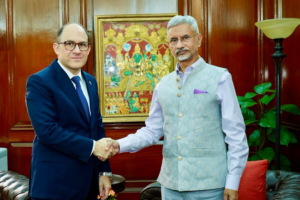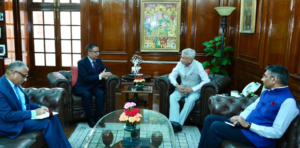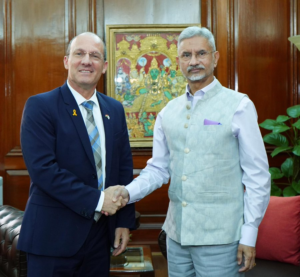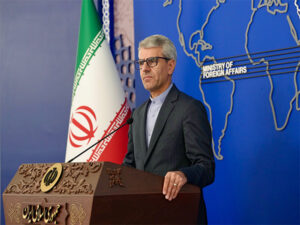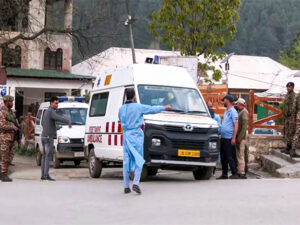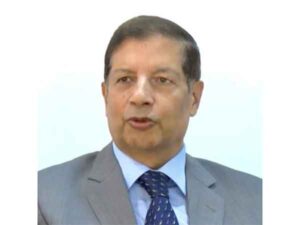‘Its agriculture with no borders’: Israel teaches students to make world bloom
Tel Aviv [Israel], June 18 (ANI/TPS): Israel’s Arava region is not the most likely location for a centre to teach agriculture. Stretching along Israel’s southern border with Jordan between the Dead Sea and the Red Sea, the area is known for its hot weather and sparse rainfall.
But it was those conditions which attracted Hanni Arnon to launch the Arava International Center for Agricultural Training (AICAT) in 1994. The program brings students from developing countries to learn practical agriculture with Israeli farmers living in the Arava.
“The fact that we are located in the Arava, in the desert, with no natural resources, gives students added value. They understand that human capacity is very important, that you can overcome challenges and odds, and that even you can make the desert bloom,” Arnon told the Tazpit Press Service as a group of 35 Azerbaijani students were finishing an intensive 10-month course.
Since 1994, the program has graduated 20,000 students, mostly from Africa and Asia. This was the first year students from Azerbaijan were participating.
Arnon’s can-do attitude was certainly picked up by the Azerbaijani students.
“This is a desert area and it isn’t easy for ordinary people to manage a field and plants,” said Mark Ibadzale. “But as soon as we saw the experience of the farmers, we were surprised in a good way. We saw how they managed, how they plant, how they use their water and how they get a high-quality yield. We’re happy we came here and learned these things.”
Saltanat Mammadova said students learned to adapt to the Arava’s heat, and said she was impressed with how the farmers grow produce such as melons and tomatoes under the hot sun. “Day by day, they teach us how to grow. The farmers explain their methods and how they overcome problems during the period of growth.
Mammadova, who was studying at the Azerbaijan State Agricultural University before coming to the Arava added that they also visited packing houses and factories to broaden their understanding of the agricultural process.
But in the end, the students averaged one day a week in the classroom. The majority of their time was in fields and greenhouses.
“If you’re an agronomist, you’re a doctor of the soil. The soil needs you,” Mammadova stressed.
AICAT teacher Eyal Policar, who specializes in agricultural innovation, said that students will be taking home more than just agricultural techniques. They are, he explained, “sowing the seeds” of food security.
“Agriculture is something we need three times a day,” Policar said. “You need farmers three times a day, so every country should have its own food security. They should not in any way be dependent on other countries. So what we try to teach them are the technologies which we use in order to be self-sufficient in Israel.”
Asked if he feels he made a difference, Policar said that depends on what the students do when they return to Azerbaijan. He explained that the students were required to show a business plan of something they would like to do back home, “and there were some interesting ideas,” he said. “Will they implement them? That’s difficult to say.”
He noted that the farmers and teachers keep in touch with students afterwards.
Looking forward, Ibadzale said he is very interested in drip irrigation systems. “In Azerbaijan, we have irrigation systems, but the way Israeli farmers manage it surprised me” with the way they use it in synchronicity with fertilizer and pesticides. “This is the main thing I realized from here,” he said.
Said Arnon, “The tools the students take back home are very important. It allows them to initiate projects with businesses in agriculture, and bring changes and innovation to their home country.”
She added, “It’s agriculture with no borders.”

